Civil society groups across Asia and the Pacific have denounced the Asian Development Bank’s (ADB) 2025 Energy Policy Review, calling it rushed, opaque, and a threat to the region’s climate and community welfare. Activists warn the process could entrench fossil fuel dependence for decades while promoting harmful “false solutions.”
Organizations including Alyansa Tigil Mina (ATM), Philippine Movement for Climate Justice (PMCJ), 350 Pilipinas, Asian Peoples’ Movement on Debt and Development (APMDD), and the Global Alliance for Incinerator Alternatives (GAIA) – Asia Pacific argue the fast-tracked review undermines meaningful public consultation. Originally set for completion in early 2026, the process is now scheduled to conclude in September 2025, with key documents only released on July 30 — halfway through the review period.
Concerns over nuclear energy and green extractivism
One of the most controversial proposals is lifting the ADB’s ban on nuclear financing. Critics warn this ignores longstanding safety, waste, and cost issues, citing the Bataan Nuclear Power Plant as a “monument to failed energy policy.” APMDD’s Lidy Nacpil stressed that nuclear energy, along with retrofitting fossil plants, distracts from scaling up affordable and widely available renewable options.
The review also endorses large-scale extraction of critical minerals like nickel and copper, which activists say fuels “green extractivism” and risks displacing poor communities. “Transition mining” without strong safeguards could create environmental destruction and “sacrifice zones” in fragile ecosystems, warned Maya Quirino of the Legal Rights and Natural Resources Center.
Fossil fuel loopholes and false solutions
Campaigners oppose expanding the Energy Transition Mechanism to include oil and gas, warning it could become a bailout for polluters. They also criticized continued framing of fossil gas as a “transition fuel,” despite climate science rejecting its compatibility with 1.5°C targets.
The draft policy also promotes co-firing fossil plants with ammonia or hydrogen, carbon capture utilization and storage (CCUS), and waste-to-energy incineration — technologies civil society groups call costly, polluting, and harmful. GAIA Asia Pacific’s Mayang Azurin cited air quality monitoring in Surabaya and Dumaguete showing particulate matter emissions exceeding safe limits by 100%, leading to one plant’s closure.
Demands for a just energy transition
The groups urge the ADB to extend the review timeline to 2026, reject nuclear power and other “false solutions,” commit to a time-bound fossil fuel phaseout, enforce human rights safeguards including Free, Prior, and Informed Consent (FPIC), and ensure transparency in financing.
“Fast-tracking weak policies wastes the precious time we have left to reverse the climate crisis,” said Chuck Baclagon of 350 Pilipinas. “Without genuine consultation, there can be no real climate justice.”
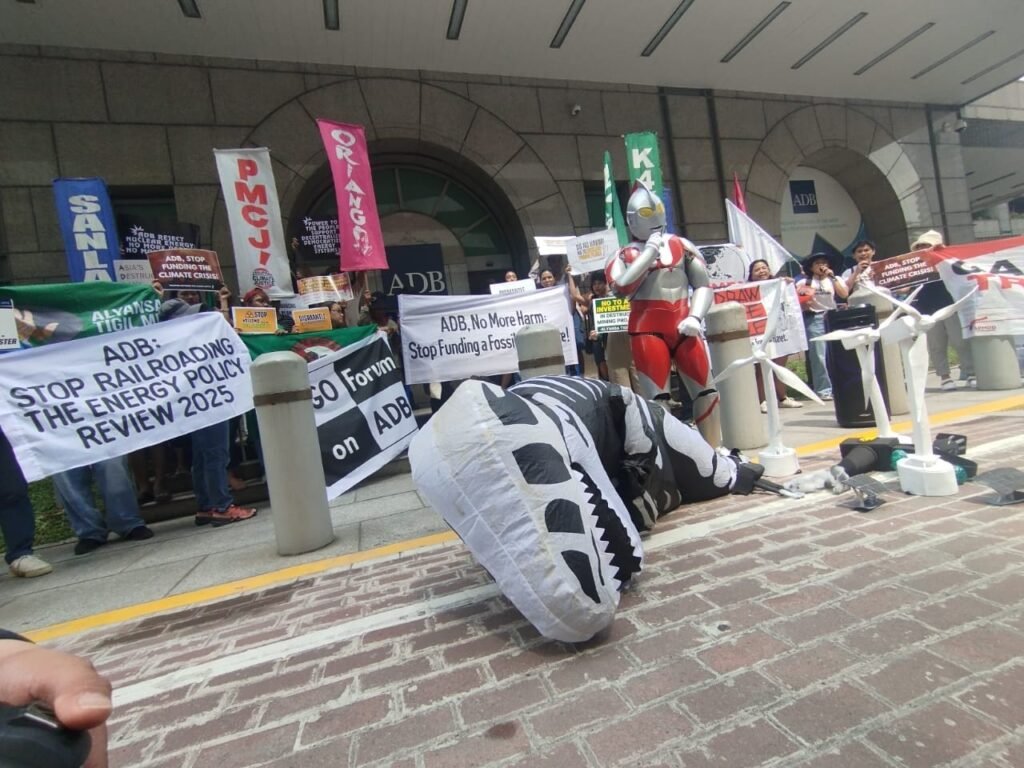

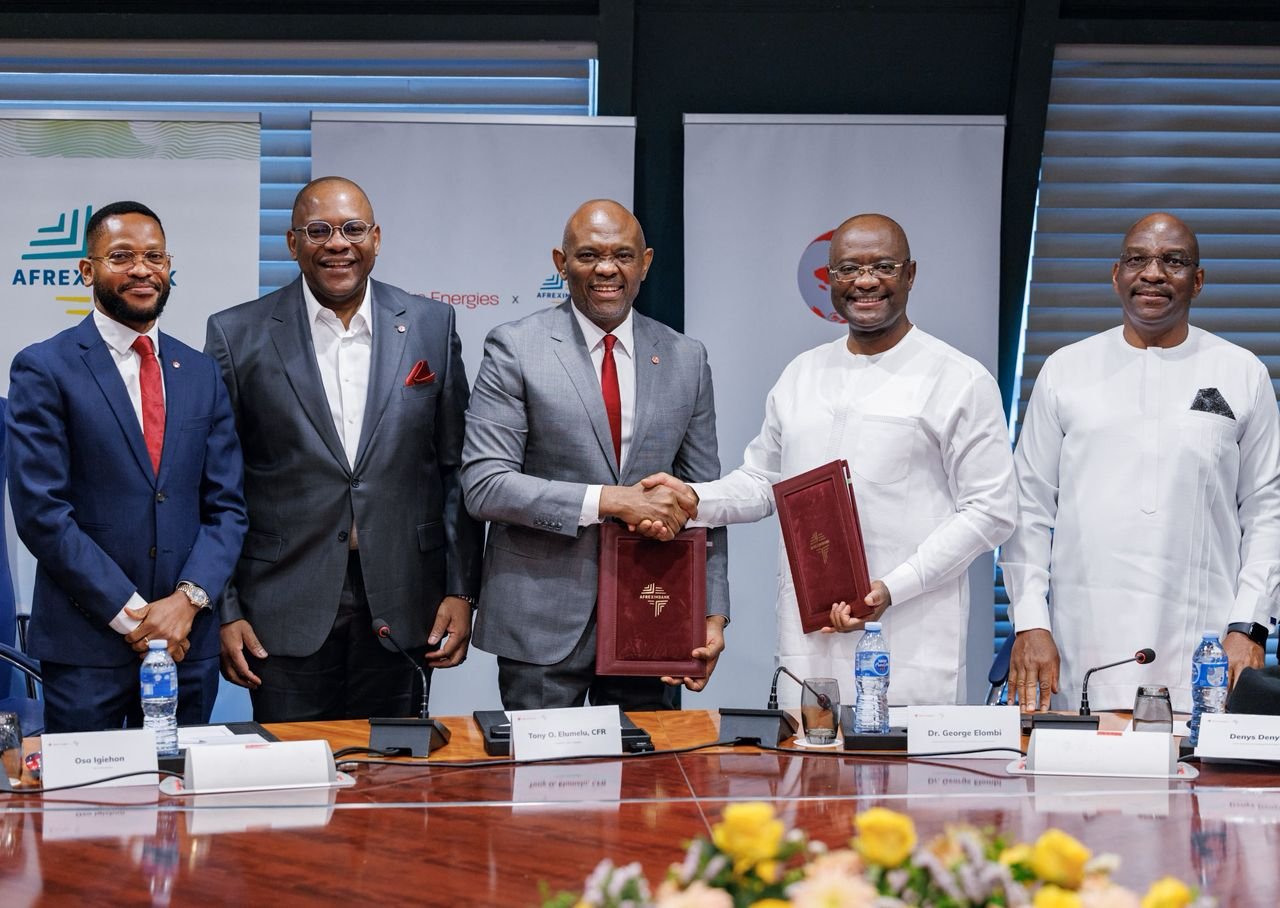
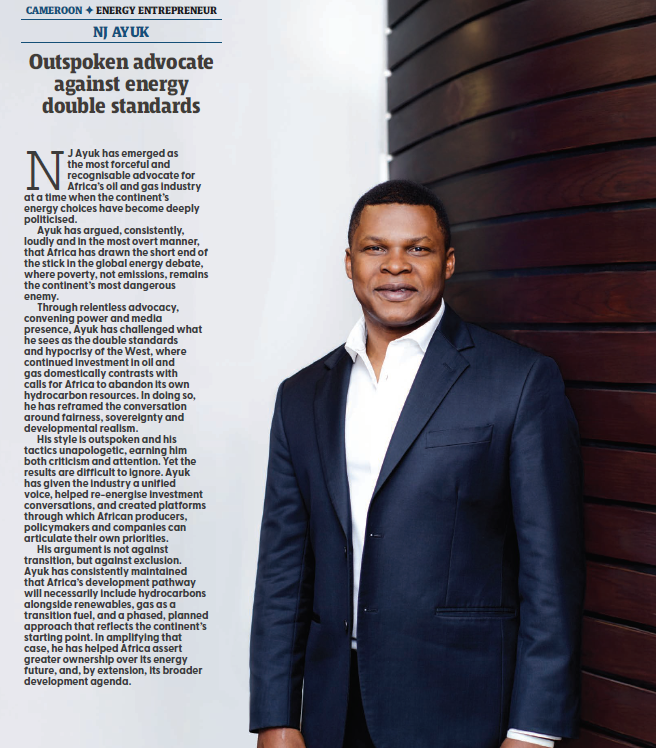
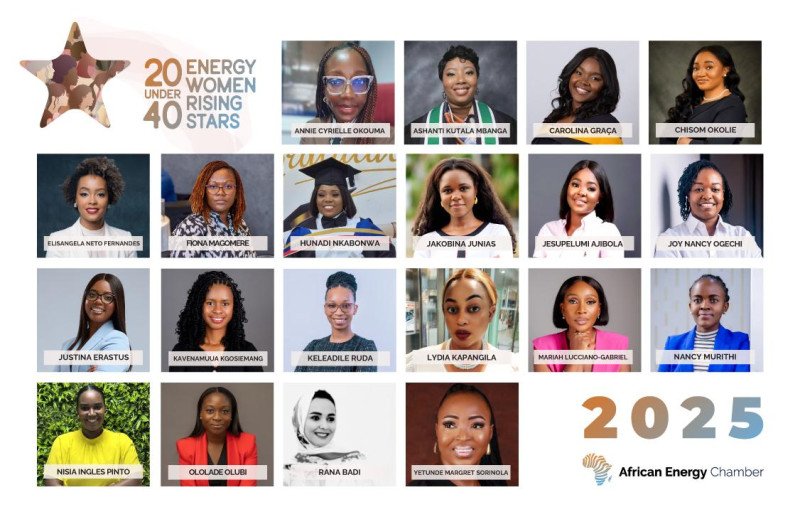







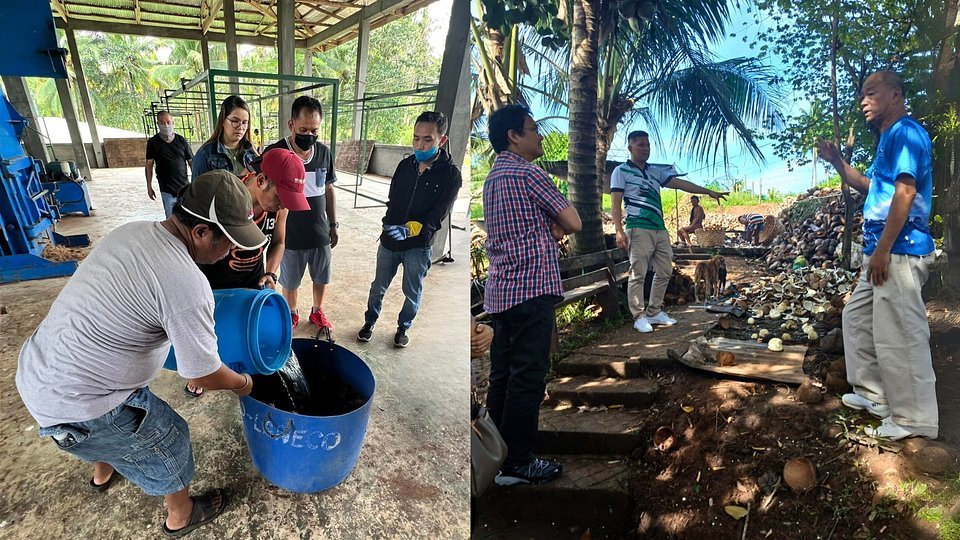


Leave a Reply